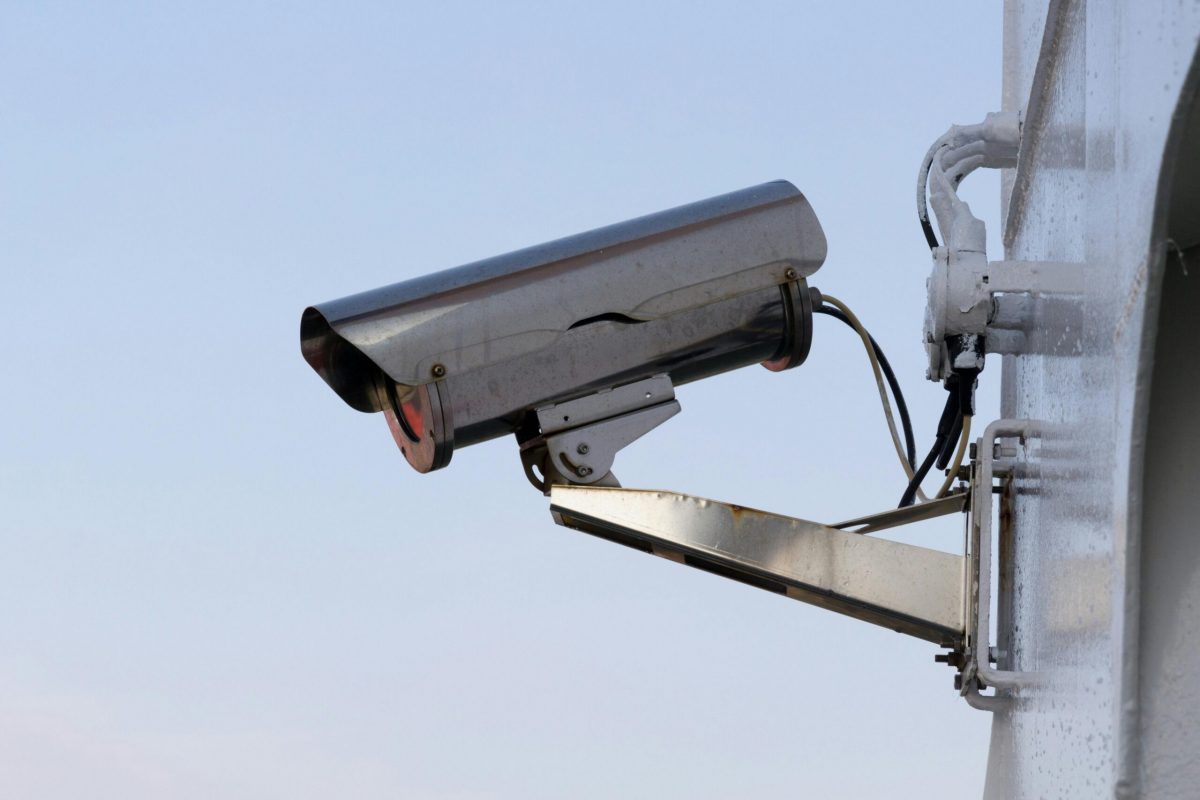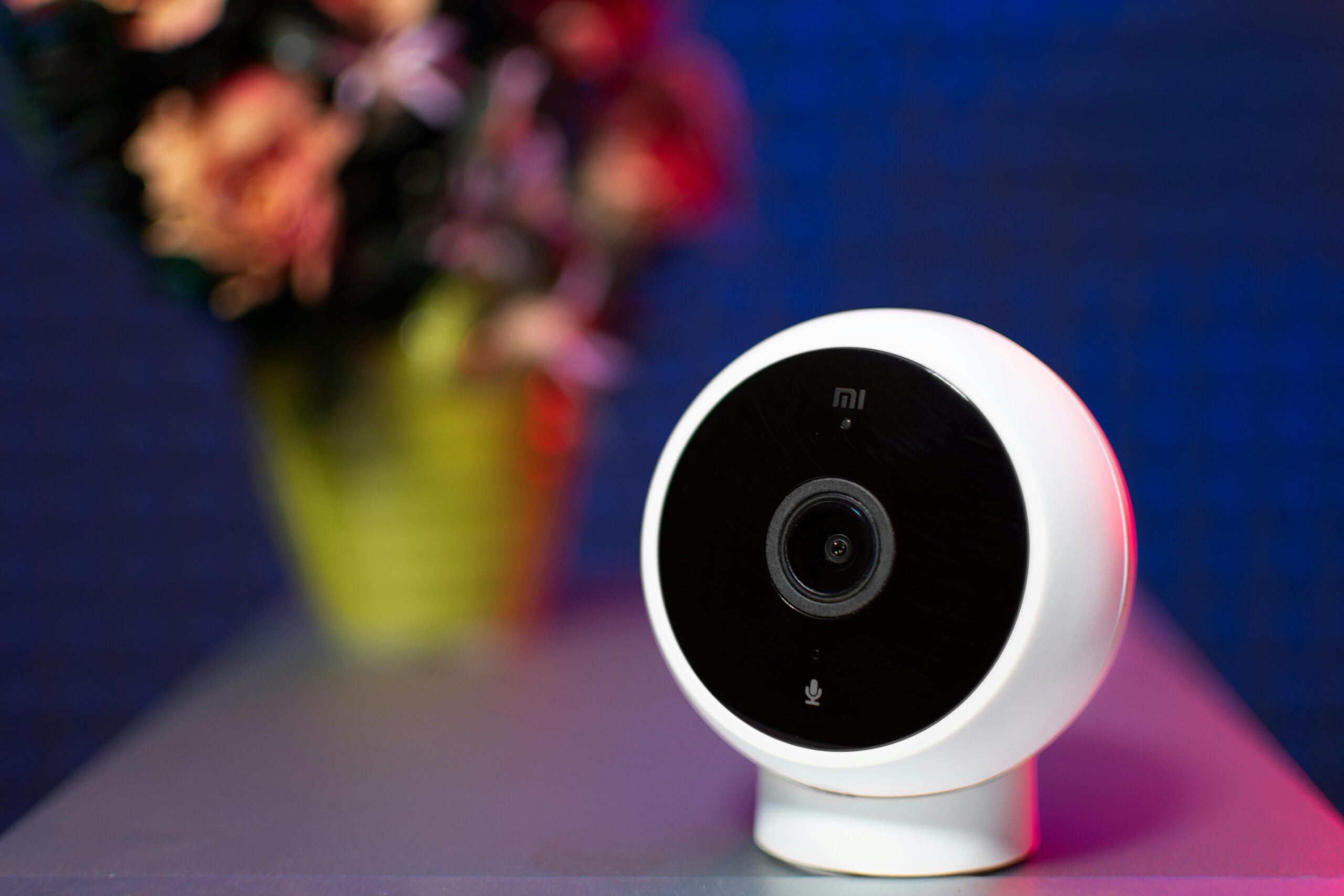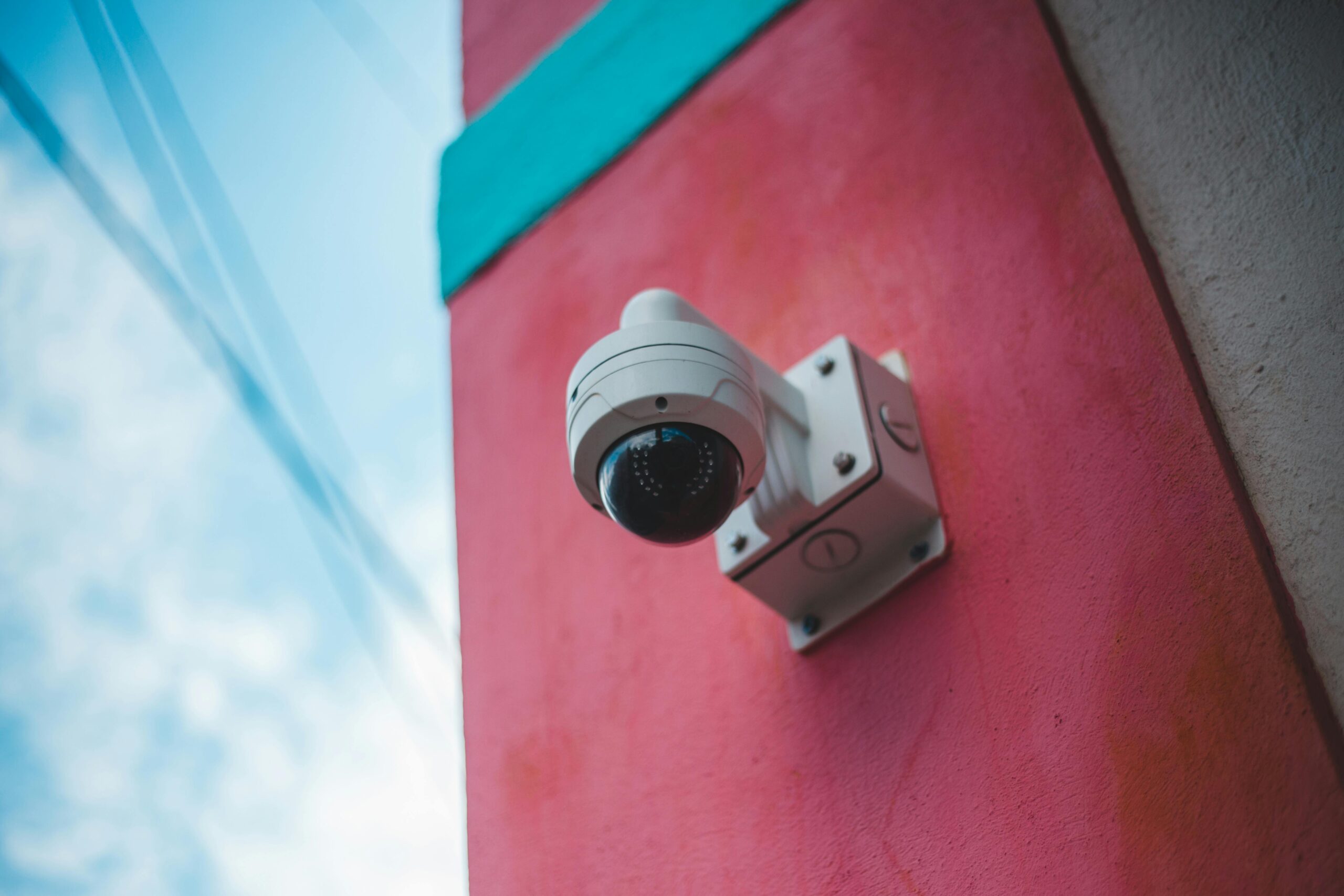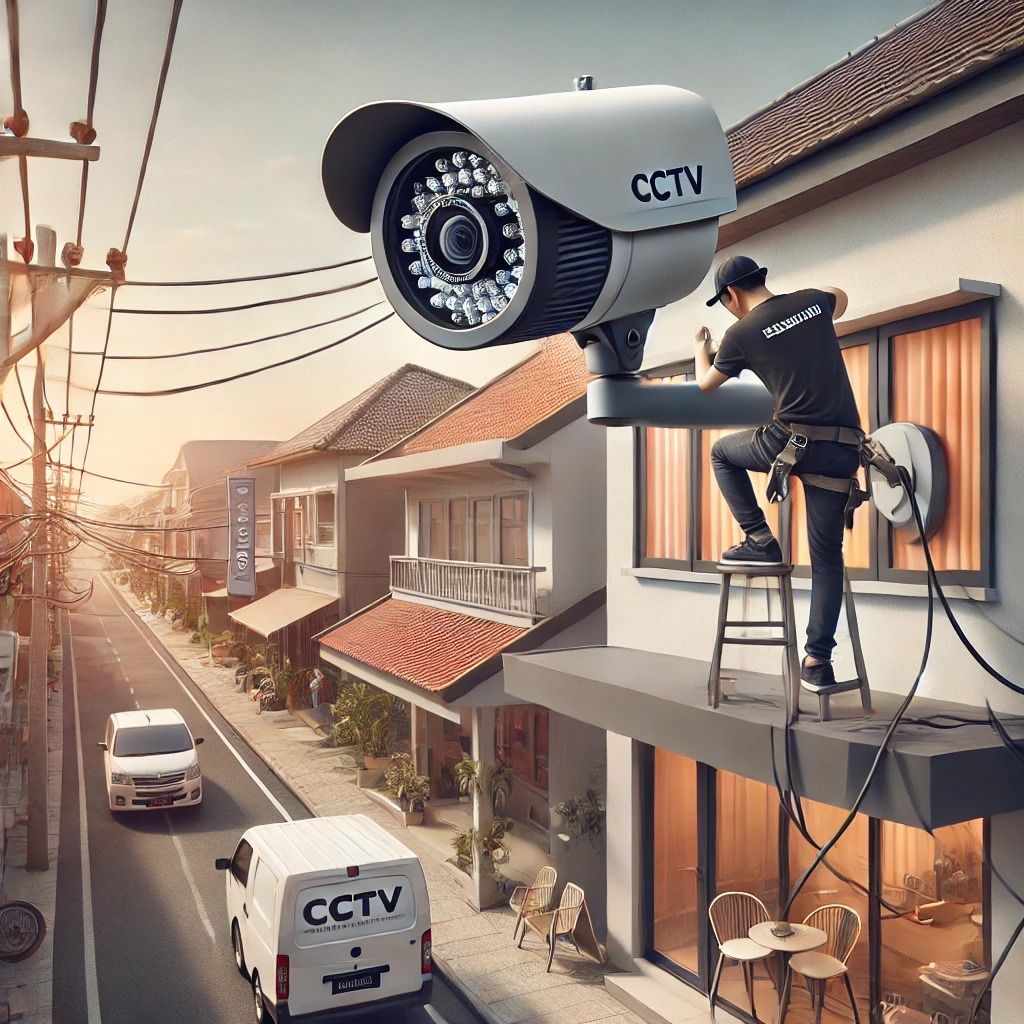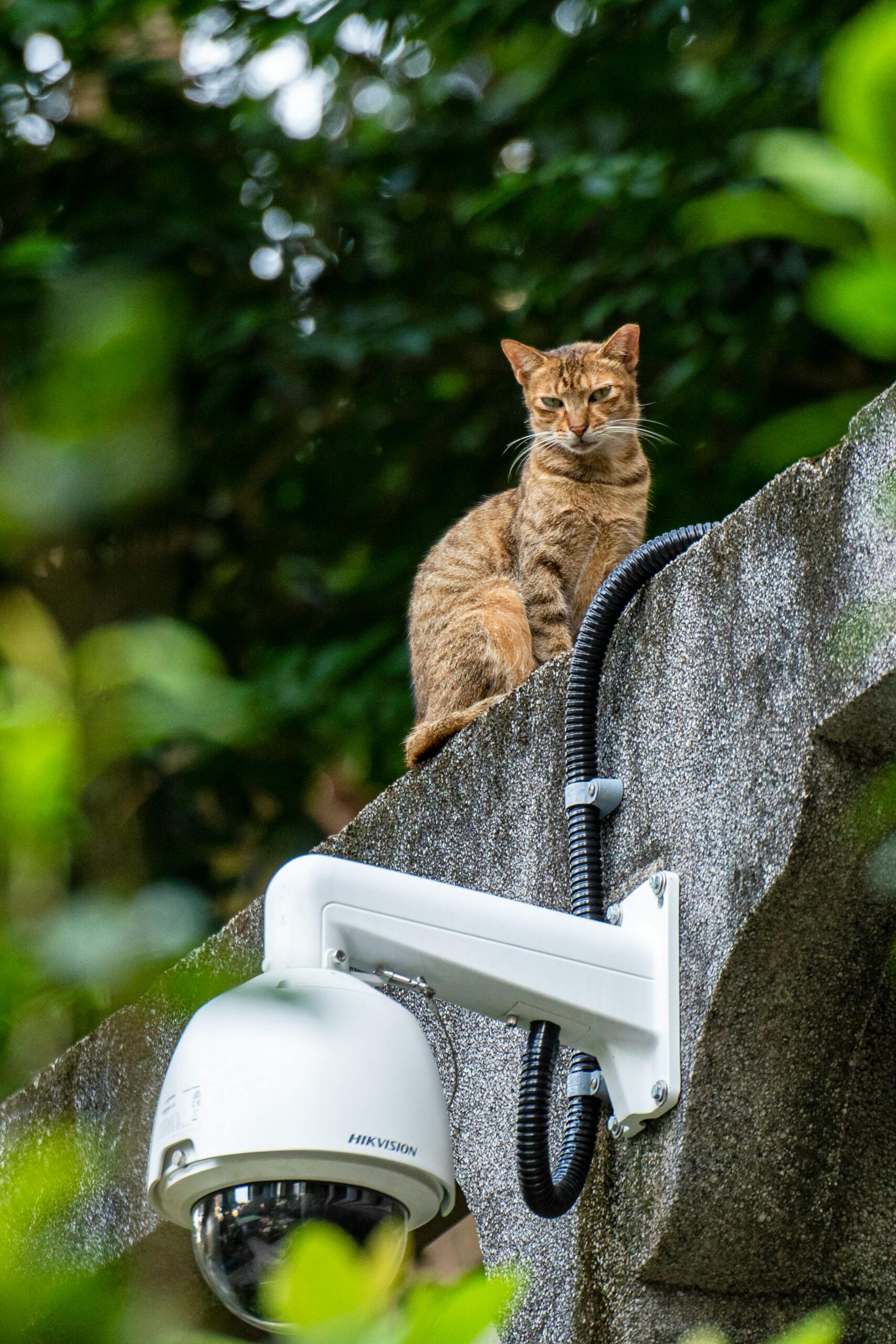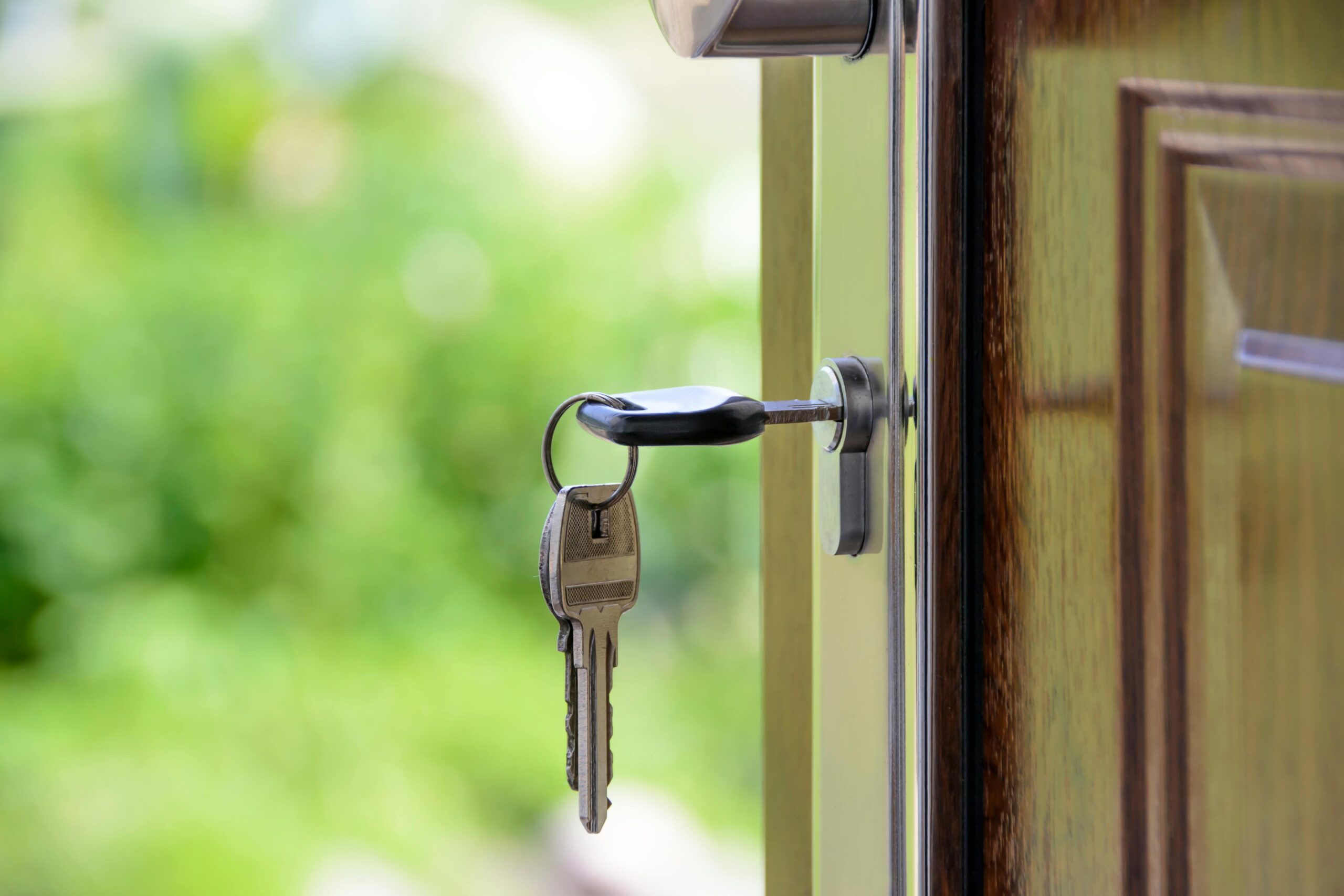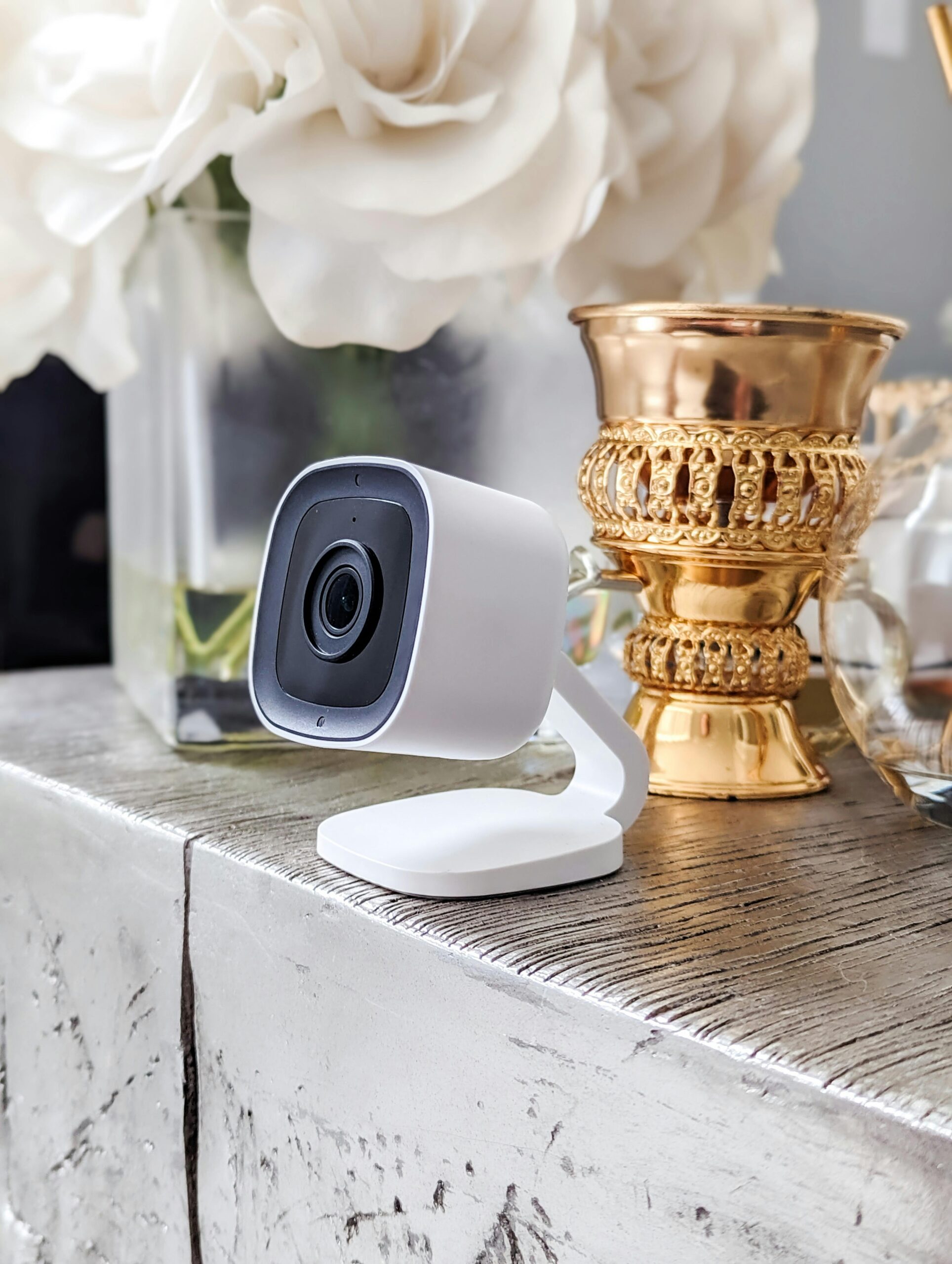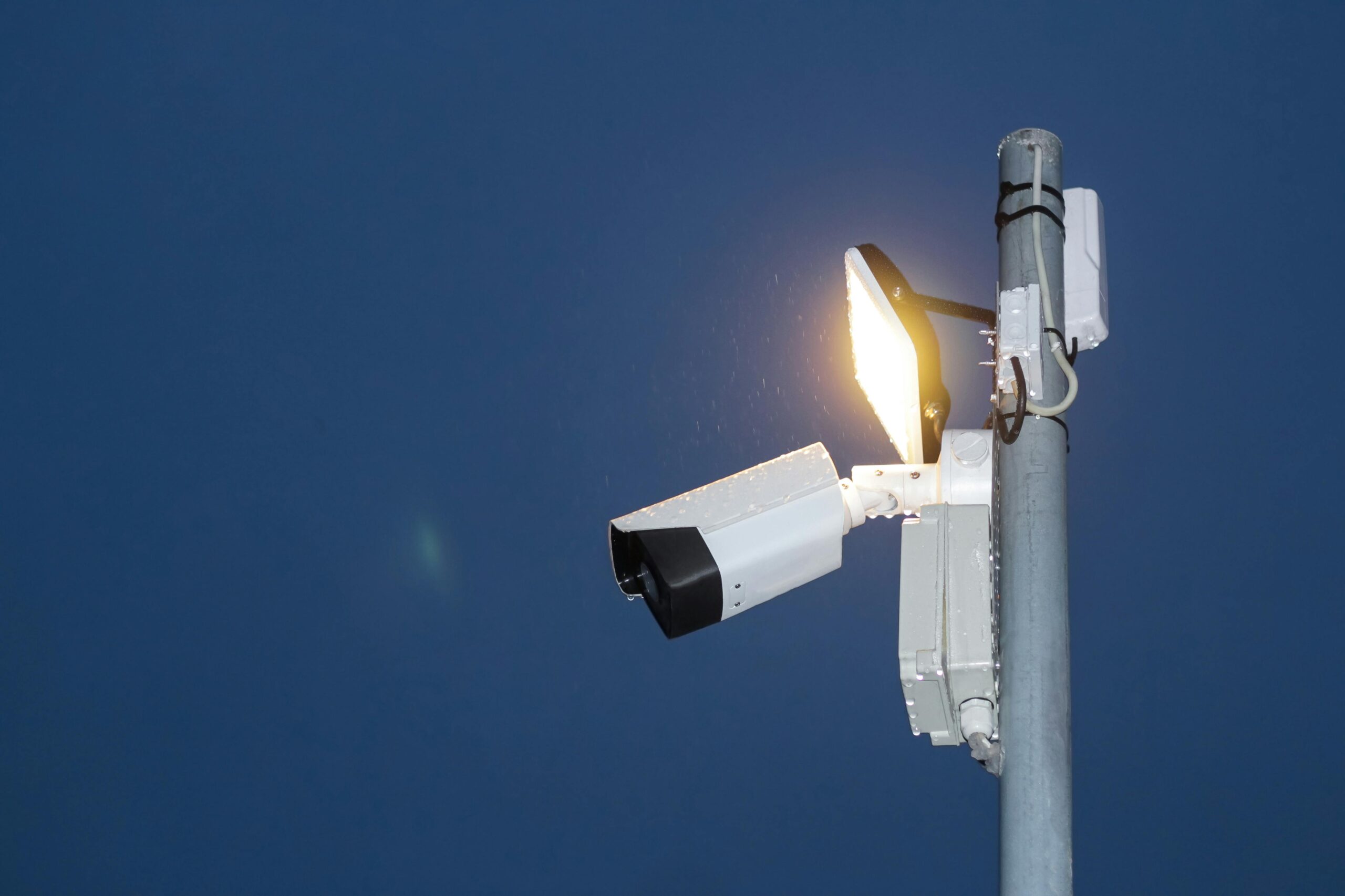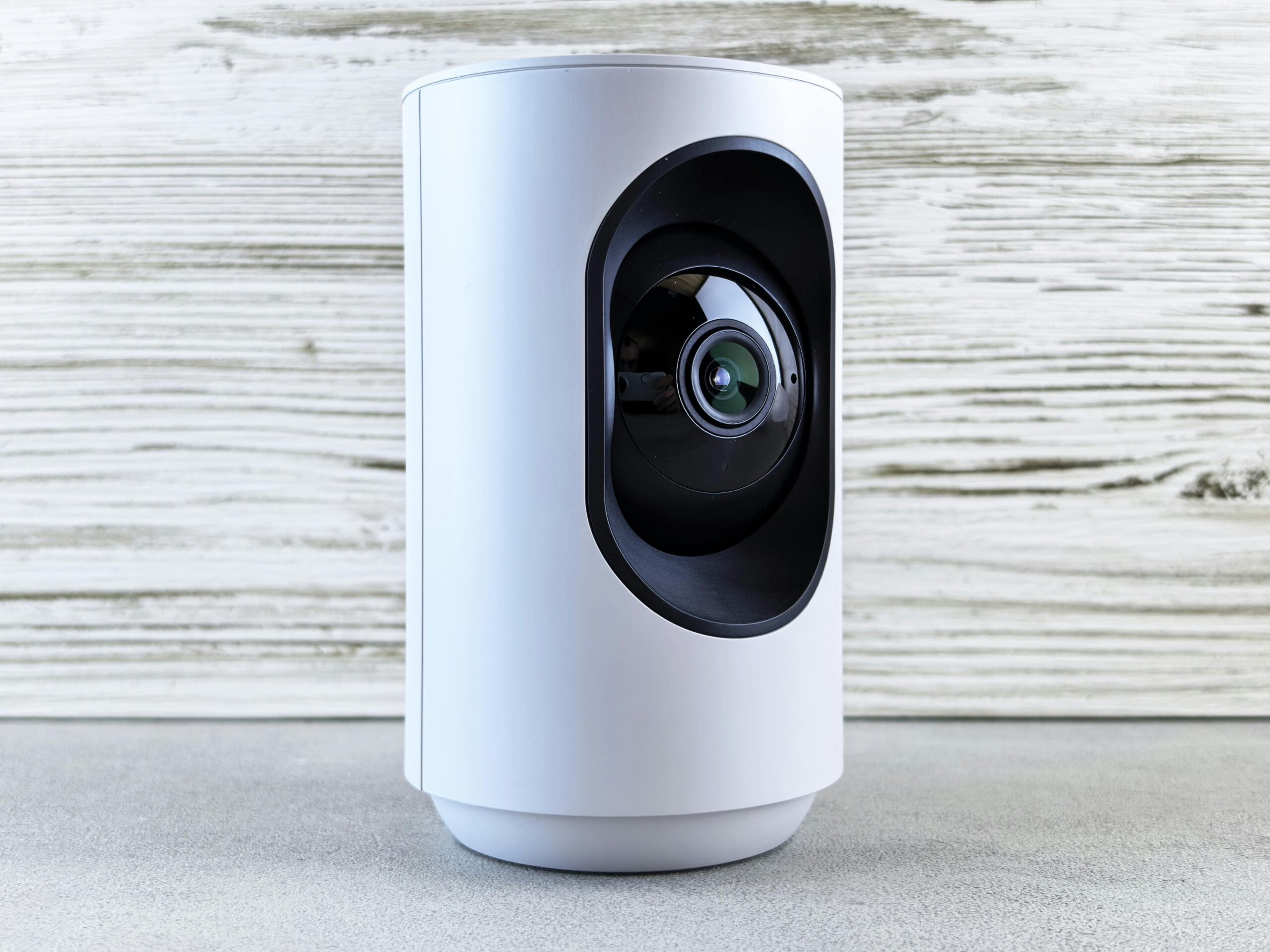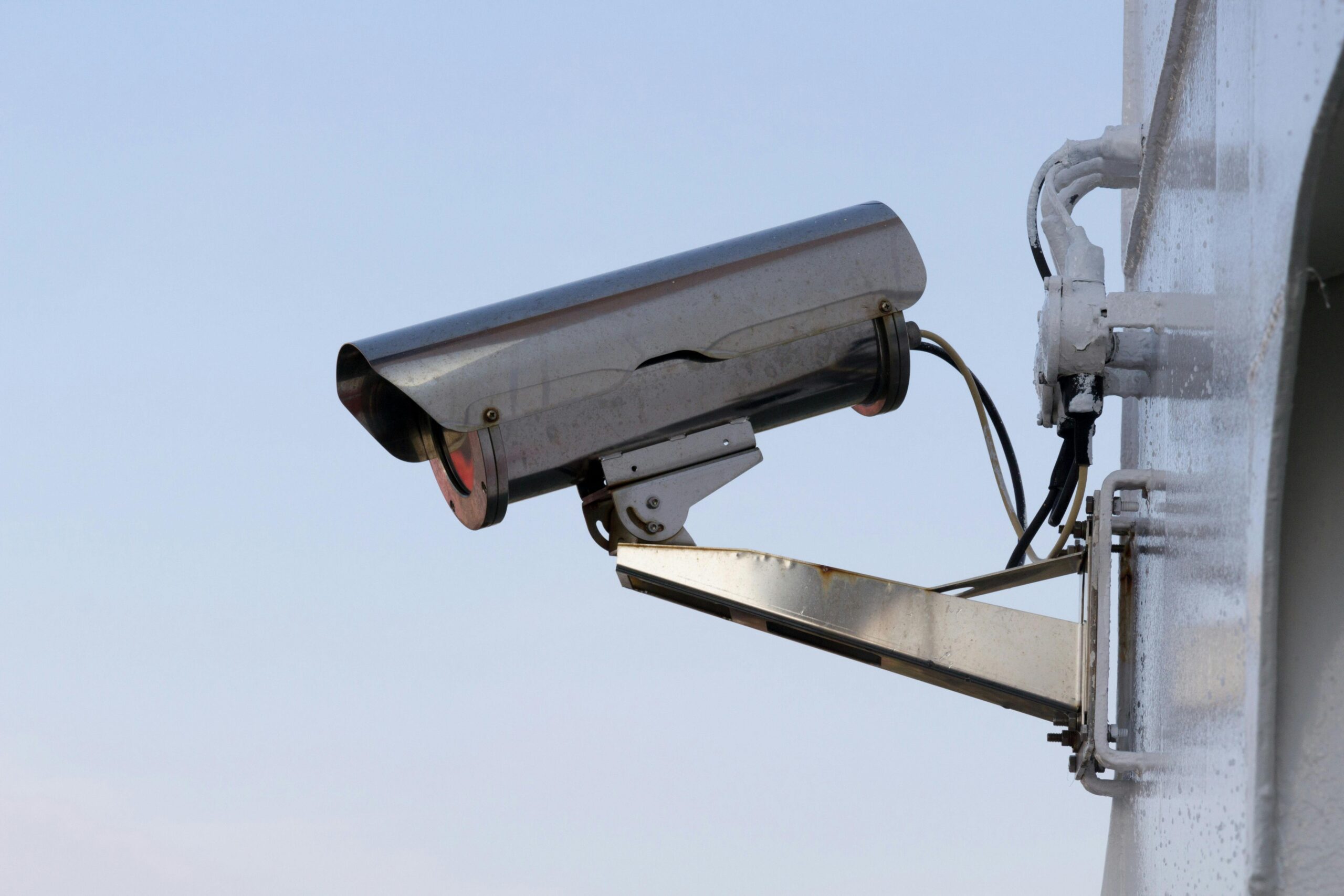Closed-Circuit Television (CCTV) has become an integral part of modern security systems, offering enhanced surveillance for both private and public spaces. Whether in homes, businesses, or public areas, CCTV systems provide a reliable means of monitoring, deterring crime, and ensuring safety. This article explores the evolution, benefits, concerns, and future trends surrounding CCTV technology.
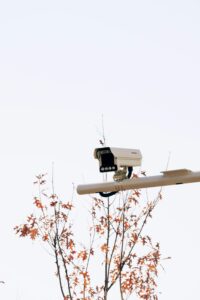
What is CCTV?
CCTV refers to a system of cameras and monitors that transmit video signals to a specific set of monitors or recorders, typically used for surveillance purposes. Unlike broadcast television, which transmits publicly, CCTV signals are private and usually restricted to a small group of viewers. The systems can include different types of cameras, such as wired, wireless, analog, and digital, and may feature features like night vision, motion detection, and remote access.
The Evolution of CCTV
The concept of CCTV dates back to the 1940s, where early versions were used for military and government surveillance. However, it wasn’t until the 1980s and 1990s that CCTV became widely available to the public and businesses. Advancements in digital technology have since revolutionized CCTV, making cameras smaller, more powerful, and more affordable.
Today, digital CCTV systems, often connected to cloud storage, offer high-definition video capture, live streaming capabilities, and advanced analytics. These improvements have made CCTV a versatile tool, not just for monitoring security but also for data collection and analysis.
Key Benefits of CCTV Systems
- Crime Prevention and Deterrence
The presence of CCTV cameras can significantly deter criminal activity. Studies show that public spaces with visible surveillance are less likely to experience theft, vandalism, or other crimes. The idea that one could be recorded serves as a strong deterrent for potential criminals.
- Real-Time Monitoring
CCTV systems allow for constant, real-time monitoring of a property or space. Whether on-site or remotely through mobile apps or computers, security personnel or property owners can monitor activities at any time. This immediate access to live feeds can be crucial for responding swiftly to security threats or emergencies.
- Evidence Collection
CCTV cameras provide invaluable evidence in the case of disputes, accidents, or crimes. Recorded footage can be used by law enforcement, insurance companies, or in court to verify claims or investigate incidents. The clear documentation provided by CCTV helps establish facts and clarify situations.
- Improved Safety for Employees and Customers
In commercial settings, CCTV cameras not only help deter theft but also ensure a safer environment for employees and customers. They can monitor dangerous areas, identify hazards, or provide a sense of security for people in stores, restaurants, or offices.
- Remote Access and Control
Modern CCTV systems often come with the ability for remote access, allowing business owners or property managers to monitor their premises from anywhere in the world. This flexibility is especially useful for managing multiple locations or for those with large properties.
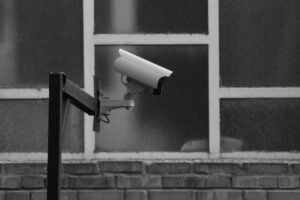
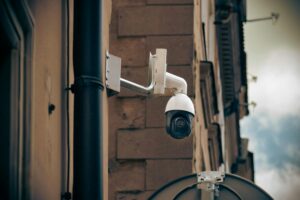
Concerns About CCTV Surveillance
While CCTV has numerous benefits, it also raises some important concerns, particularly around privacy and ethics.
- Privacy Invasion
One of the primary concerns with the widespread use of CCTV is the potential violation of privacy. In public spaces, individuals may feel uncomfortable knowing they are being constantly monitored, and some argue that excessive surveillance can infringe on personal freedoms.
- Data Security
CCTV systems collect vast amounts of sensitive data, and with digital systems increasingly storing footage online or in cloud databases, there is the risk of data breaches. If surveillance footage falls into the wrong hands, it could lead to misuse, identity theft, or even blackmail.
- Misuse of Surveillance
There are concerns about the potential misuse of surveillance data. For example, individuals or organizations could use CCTV footage to monitor employees, customers, or the general public in ways that may not be ethically or legally justified.
- False Sense of Security
While CCTV can certainly enhance security, it should not be relied upon as the sole method of protection. Security systems can fail due to technical issues, power outages, or other factors. Over-reliance on CCTV can sometimes lead to complacency, neglecting other essential security measures like physical barriers, alarms, or security personnel.
The Future of CCTV: Trends and Innovations
As technology continues to advance, CCTV systems are evolving to meet the needs of modern security demands. Here are a few trends shaping the future of CCTV:
- Artificial Intelligence and Analytics
AI-powered CCTV systems are rapidly becoming more intelligent, with the ability to recognize faces, detect unusual behavior, and identify potential threats. This integration of machine learning algorithms helps enhance the efficiency and accuracy of monitoring, reducing the need for human intervention and alerting security teams only when necessary.
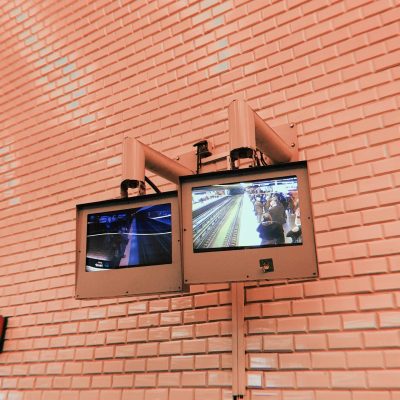
- Integration with Other Security Systems
CCTV is increasingly being integrated with other security technologies, such as access control systems, alarms, and IoT devices. This creates a more comprehensive and interconnected security environment, where all systems can work together seamlessly.
- Cloud Storage and Remote Access
The shift to cloud-based storage allows CCTV footage to be easily accessed and stored without the need for expensive on-site equipment. Cloud-based solutions provide scalability, remote access, and the ability to store large amounts of data securely, making it a preferred choice for businesses and homeowners alike.
- Higher Quality Video
The demand for higher resolution video has led to the development of ultra-high-definition CCTV cameras, offering clearer and more detailed footage. Cameras capable of 4K resolution or even better are now available, which can be critical in identifying details like license plate numbers or facial features.
- Drones and Mobile Surveillance
In certain situations, drones are being used as mobile surveillance units, providing a unique aerial perspective of large areas or hard-to-reach locations. Drones equipped with cameras can complement traditional CCTV setups, offering greater flexibility in monitoring vast properties or outdoor areas.
CCTV technology has come a long way since its inception, evolving from simple monitoring systems to complex, AI-powered security tools. As crime prevention and safety become increasingly important in our daily lives, CCTV continues to play a vital role in providing peace of mind and protection. While it is important to consider the ethical implications and potential privacy concerns, the benefits of CCTV—particularly when combined with other modern security solutions—are undeniable.
As technology advances, the future of CCTV looks bright, offering even greater potential for enhanced security and smarter surveillance. However, ensuring that these systems are implemented thoughtfully and responsibly will be key to maintaining a balance between security and privacy.

